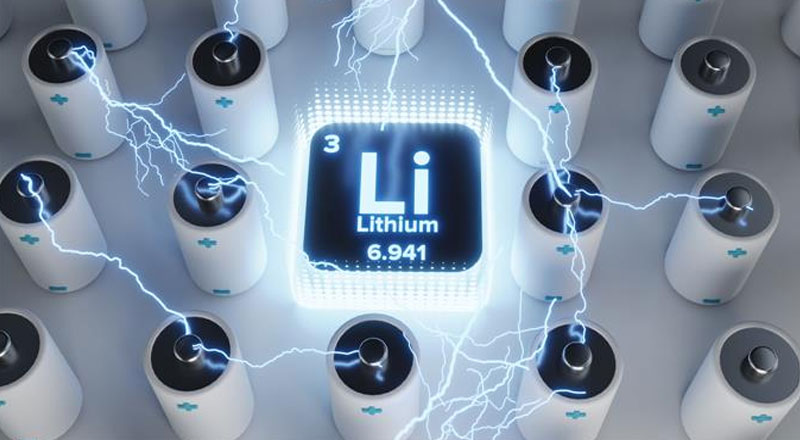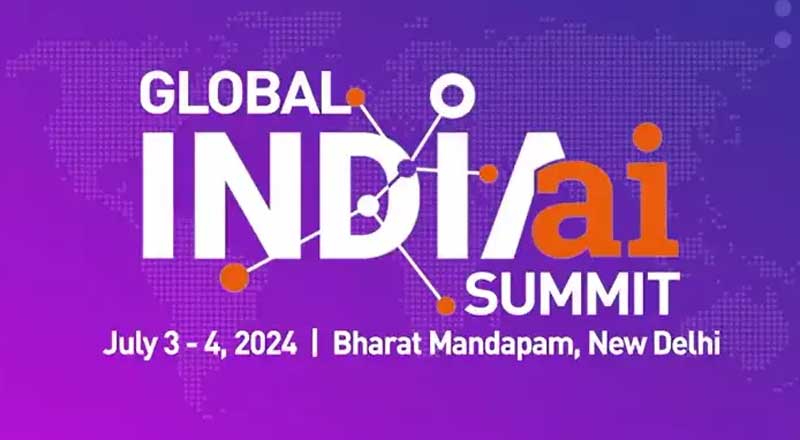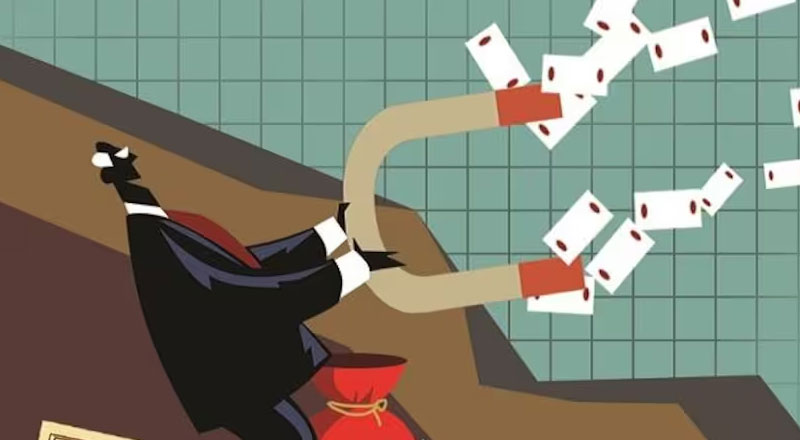- India for the first-time established lithium inferred resources (G3) of 5.9 million tonnes in Jammu and Kashmir.
- This discovery makes India the fifth country with the largest lithium reserves in the world, just above the United States of America.
- Lithium batteries have a higher power density for more battery life in a lighter package.
- this finding will enhance India’s ‘Make In India’ and self-reliance goals, and it would help India become “aatmanirbhar”.
- It is also likely to boost India’s aim to cut carbon emission towards net zero by 2070.
According to the Ministry of Mines, the Geological Survey of India for the first-time established lithium inferred resources (G3) of 5.9 million tonnes in the Salal-Haimana area of the Reasi district of Jammu and Kashmir. This finding of the Lithium reserve has the potential to change India’s position in the world and is crucial from certain perspectives.
India needs lithium for the manufacturing sector, and the country has had to depend on Argentina, Australia and Chile for any imports until now. Prior to this, a small deposit of around 1,600 tonnes of lithium was discovered in Karnataka’s Marlagalla- Allapatna region in Mandya district in 2021.
The discovery would reduce the need for imports and improve employment opportunities, officials in the Union Territory said on Friday, adding that the find was a major boost to the manufacture of rechargeable batteries for smartphones, laptops and electric cars. Notably, Australia, Chile, Argentina and China are the world’s largest producers and exporters of lithium, driving the market of essential EV material. India can now join the race with the discovery of lithium reserves in Jammu and Kashmir, the first such in the country. Notably, the recent discovery makes India the fifth country with the largest lithium reserves in the world, just above the United States of America.
For the uninitiated, lithium is the third element in the periodic table after hydrogen and helium. It is also the lightest metal on Earth. Lithium is non-ferrous, toxic and extremely reactive with water.
The precious metal, which is also being referred to as ‘new oil’, is one of the most sought-after minerals in the world due to its effective usage in batteries. It is one of the key components in the batteries used in mobile, laptops and electric vehicles as it charges faster and lasts longer. Lithium batteries have a higher power density for more battery life in a lighter package. Not only this, but the element is also used in medicines to treat bipolar disorders. According to the National Institute of Mental Health, lithium salts were the first drugs approved by the Food and Drug Administration to treat mania and depression, most often sold as a pharmaceutical these days.
The J&K finding will enhance India’s ‘Make In India’ and self-reliance goals, as stressed by Mines Secretary Vivek Bharadwaj who told the media that the lithium deposit would help India become “aatmanirbhar”. It could also help the country in its efforts towards becoming a global leader in manufacturing. The discovery also comes at a time the US announced plans for a strategic partnership between with India to boost competition against China.
More lithium can help in the manufacturing of more and better EVs that can reduce carbon emissions and positively help the environment. It is also likely to boost India’s aim to cut carbon emission towards net zero by 2070. Prime Minister Narendra Modi announced India’s goal to cut India’s emissions towards net-zero by 2070 during the 26th UN Climate Change Conference of the Parties (COP26) in Glasgow in 2021.





